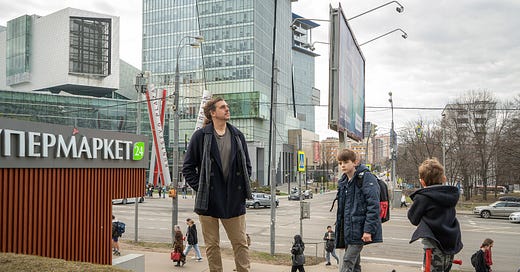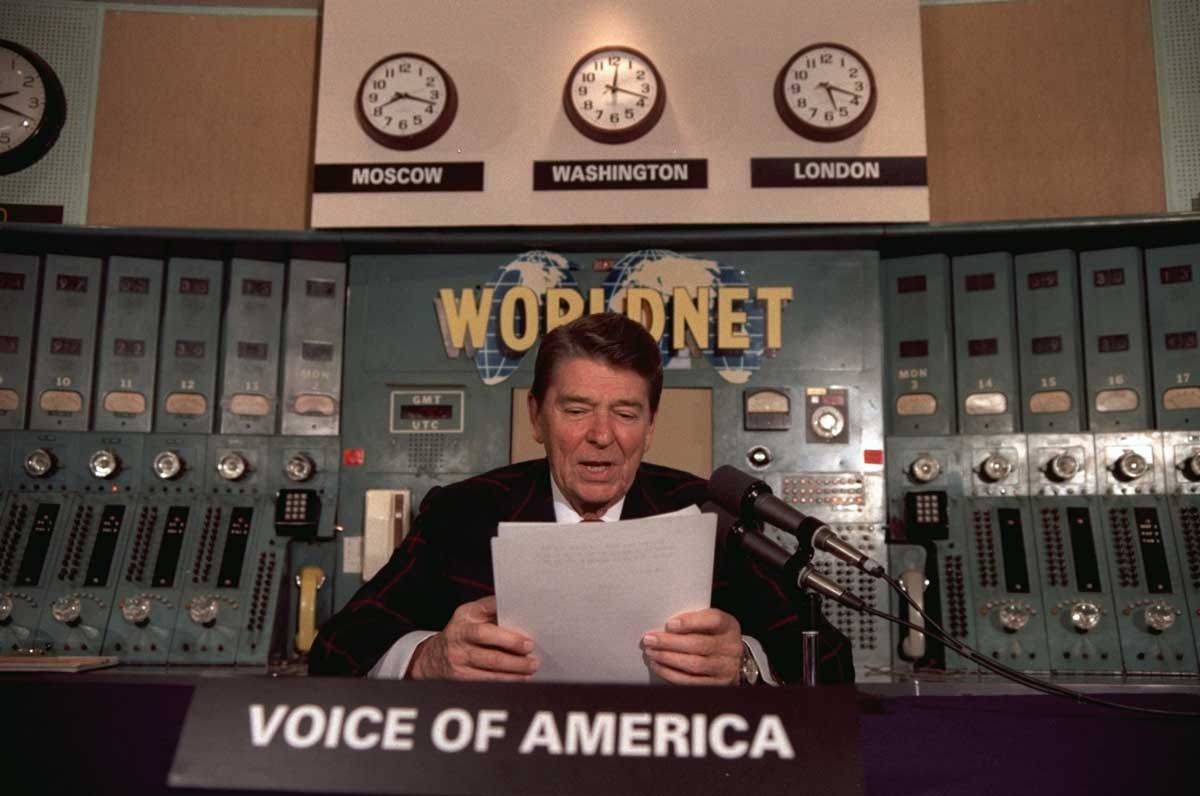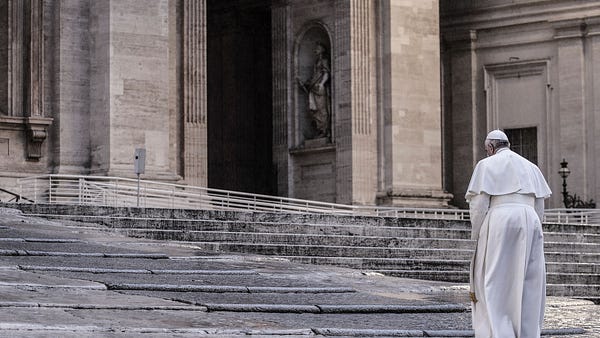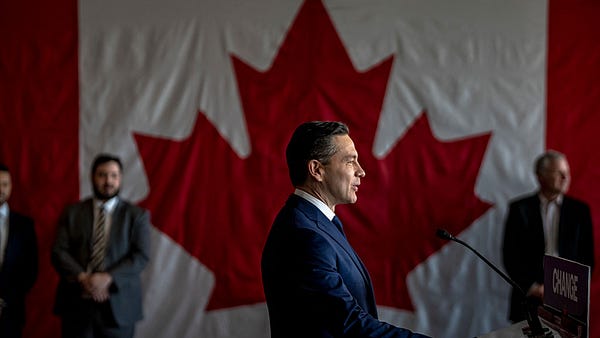
It was probably January 2023 when Joseph Rose, a 49-year-old YouTuber from Tallahassee, Florida, realized God had sent him to Moscow.
“I do think it was God leading me to where I needed to be right now,” Rose told me over the phone. He was in his apartment, with recessed lighting and a sauna and an odd pirate theme, outside the center of the Russian capital. “I would say that Russia is becoming a bastion of Christianity and that America is becoming the opposite of this.”
He added: “I was put in a spot where I could be used.”
He was alluding to his YouTube channel, which had made him something of a celebrity in Russia. “People recognize me on the street all the time.”
When people ask him what it’s like living in Russia, Rose said, “I often say it feels like our positive vision of 1950s America.”
Rose resides at the nexus of a growing movement of Americans chasing the American dream. In Russia.
I spoke to twenty American expats, all men, who have moved to Russia over the past four years. They told me they moved to Moscow or St. Petersburg or the wild east—Siberia—because they no longer believed the one person they once thought could save America—Donald Trump—could still save it. America, they felt, was beyond saving now.

“Is Trump better than Biden?” Bernd Ratsch, 56, who moved to Moscow from Texas in 2019, said. “Of course. But do I want him? Would I vote for him again? No. It’s just, ‘Boy, shut your mouth for a while.’ ”
Rose and Ratsch and the other Americans flocking to Russia told me they did so to save their children and their children’s children.
“I wouldn’t seriously consider starting a family in the U.S. today,” Peter Frohwein told me. Frohwein is 62, and he is divorced with no kids. He had been a computer engineer in Atlanta, and in July 2023, he moved to Yalta, in the Crimea. “The U.S. is a political mess,” he went on. “Socially, things are a mess. Spiritually, things are a mess.”
Now he is living in an 800-square-foot apartment with a gorgeous view of the Black Sea, a two-minute walk from the beach. There is a farmer’s market nearby—they have the best tomatoes and recently butchered pigs, he said—and he can live comfortably on his Social Security. “And 20 percent of the women could be supermodels,” he said. His children, he expected, will speak English, Russian, and Mandarin.
“People are running around in America wondering why we have so many problems with suicide and depression, and they’ll virtue signal and talk about the phones, and it’s this and that, and the reality is children are not allowed to be children,” Joe, a program manager from Texas who moved to Moscow in 2023 with his wife and six (soon to be seven) children, told me. He didn’t want to share his last name for fear of losing clients back home.

No one was bothered by Putin being a dictator or invading Ukraine. That was, they agreed, understandable, what with NATO having expanded east and the United States having spent the past two and a half decades “meddling” in Russia’s backyard. (That was how most of them described U.S. support for democratic activists in Ukraine, Belarus, Georgia, and other post-Soviet states.)
Peter Frohwein, who, like most recent expats, had never been to the former Soviet Union until recently and had a tenuous grasp of the Russian language, said of the war, “When someone says it’s a Russian invasion, that’s not even true.” He thought the United States, not Russia, had instigated the war by installing a friendly regime in Kiev.
“I think he’s a good man,” Frohwein said of Vladimir Putin. “This lie that he’s somehow a dictator—just because he was in the KGB doesn’t mean he’s ever killed anybody.”












